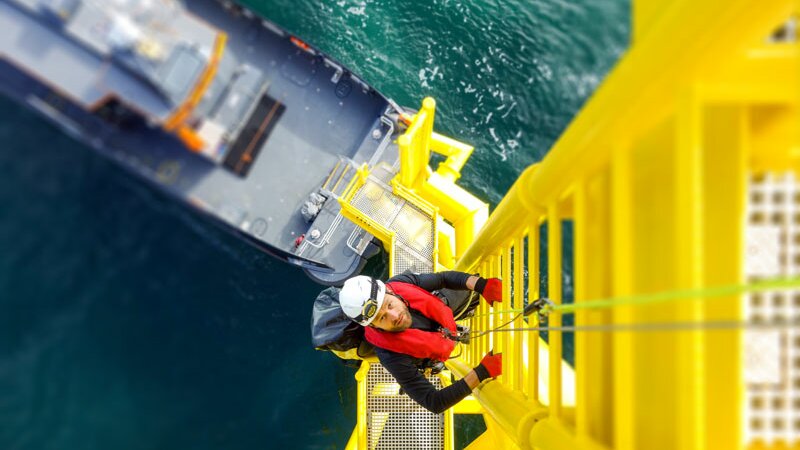Our new NorthStandard site is now live. There will be no new content or updates added to this site. For the latest information, please visit our new site north-standard.com.
Marine pollution fines in Turkiye as of 1 January 2023
On 6 January 2022, the club reported on the level of fines relating to any pollution which occurs in Turkish waters under Article 20 of the Turkish Environmental Code 1983, law no. 2871, for 2022 (see related news item at the...

On 6 January 2022, the club reported on the level of fines relating to any pollution which occurs in Turkish waters under Article 20 of the Turkish Environmental Code 1983, law no. 2871, for 2022 (see related news item at the bottom of this page).
The rates of the fines for 2023 (listed below) have now been published and are applicable as of 1 January 2023. These have been increased substantially by about 122% in comparison with the 2022 rates.
The Turkish Environmental Code 1983 (law no. 2871 – Article 20) provides that vessels causing pollution in Turkish waters, for example through the discharge of petroleum products, dirty ballast water, garbage and sewage into the sea, are subject to fines imposed by the local authorities. The level of the fine is calculated by reference to the vessel’s GT, regardless of the quantity of the pollutant.
Below are the 2023 rates for the various categories under Article 20 and vessel sizes:
i) Petroleum products discharged by tankers:
- Vessels up to and including 1,000 GT – TRY 2,009.85 per GT.
- Vessels between 1,000 GT and 5,000 GT (inclusive) – TRY 502.48 per GT, in addition to the above amount.
- Vessels over 5,000 GT – TRY 50.53 per GT, in addition to the above amounts.
ii) Dirty ballast discharged by tankers:
- Vessels up to and including 1,000 GT – TRY 336.18 per GT.
- Vessels between 1,000 GT and 5,000 GT (inclusive) – TRY 73.05 per GT, in addition to the above amount.
- Vessels over 5,000 GT – TRY 11.59 per GT, in addition to the above amounts.
iii) Petroleum products and dirty ballast discharged by vessels:
- Vessels up to and including 1,000 GT – TRY 1,004.92 per GT.
- Vessels between 1,000 GT and 5,000 GT (inclusive) - TRY 200.99 per GT in addition to the above amount.
- Vessels over 5,000 GT – TRY 50.23 per GT in addition to the above amount.
iv) Garbage, sewage, domestic waste water, wash water etc discharged by vessels:
- Vessels up to and including 1,000 GT – TRY 502.48 per GT.
- Vessels between 1,000 GT and 5,000 GT (inclusive) - TRY 100.50 per GT, in addition to the above amount.
- Vessels over 5,000 GT – TRY 50.23 per GT, in addition to the above amount.
If the fine is paid within 30 days, members may benefit from a 25% discount on the total amount of the fine. A fine can be appealed by filing an objection with the Turkish Administrative Courts within 30 days from the date the fine was notified to the members. However, the fine is still payable and within 30 days if the discount is to be obtained. For further information on payment and appeals, members should refer to our article Focus on Turkiye: Marine pollution fines as of 1 January 2022.
Recommendations
In light of the above, while ballasting and de-ballasting in Turkish waters is generally permitted, members are recommended to avoid such operations where possible in Turkish territorial waters. This is the case even where the water is believed to be clean as any suspicion by the local authorities that the water may be contaminated may trigger action by the local authorities and a potential fine. If ballasting or de-ballasting is unavoidable, members are recommended to exercise extreme caution and to ensure that the crew carefully monitor the overflow. In addition, it is recommended that members avoid cleaning and washing down the decks and superstructure, disposing garbage, food wastes or cargo residues, testing hatch covers or discharging sewage waters, while the vessel is at anchor or transiting in Turkish waters.
Early intervention is key and members are recommended to promptly notify the club of pollution incidents so that early measures can be put in place to mitigate losses and on the best possible terms.
Further information can be found in the alerts published by correspondents Kalimbassieris, and lawyers Ersoy Bilgenhan, linked below.


